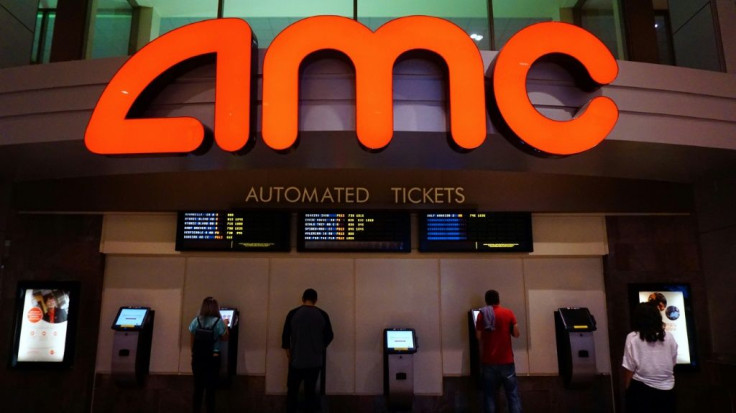US Moves To End Decades-old Movie Distribution Rules

The US Justice Department signaled Monday that it plans to end a 71-year-old antitrust enforcement program on movie distribution, saying it is no longer needed to protect consumers.
Assistant Attorney General Makan Delrahim announced that the Department of Justice would move this week to terminate the Paramount Consent Decrees, which went into force in 1948.
The decrees -- which smaller movie chains and drive-in theaters still champion -- barred major film studios from owning movie theaters, a system that had existed in the early part of the twentieth century and largely blocked independent venues from being able to show hot films.
The decrees also restricted studios from certain distribution practices, such as requiring cinemas to accept a group of films as a condition of getting a much-sought blockbuster, a practice known as "block booking."
Delrahim said a review concluded that the decrees "no longer service the public interest" because the horizontal conspiracy of studios owning theaters no longer exists.
Since the decrees were enacted, the movie industry has become more competitive, with major metropolitan areas served by multiple theaters and video streaming services dramatically altering the landscape for consumers, Delrahim said in a speech at a Washington legal conference.
"These changes illustrate that markets can evolve, and no one can predict with certainty from where and in what form innovation will appear," he said.
"Once innovation has occurred, however, it would be a mistake for antitrust enforcers to limit the potential for consumer-enhancing innovation."
The shift is likely to upset small and medium-sized theater chains and drive-ins, which balked at a potential change when the DOJ launched a review of the decrees in 2018.
The National Association of Theatre Owners (NATO) argued in October 2018 public comments that the restriction on block booking remained essential to protect smaller theaters, which may otherwise be forced to accept films that won't play well in their communities.
"Exhibitors require a variety of content in order to appeal to the varied tastes of their of their consumers. The prohibition on block booking has allowed exhibitors to use their screens to program both major studio content and other, more targeted fare," NATO said in the 2018 comments.
"If distributors are permitted to block book, they could demand exhibitors book an entire slate on multiple screens, leaving little room for the independent and smaller distributors to finance and distribute films that consumers demand."
A spokesman for the theater group said the organization stood by the October 2018 comments and would await formal DOJ legal filings before commenting further.
© Copyright AFP 2024. All rights reserved.











